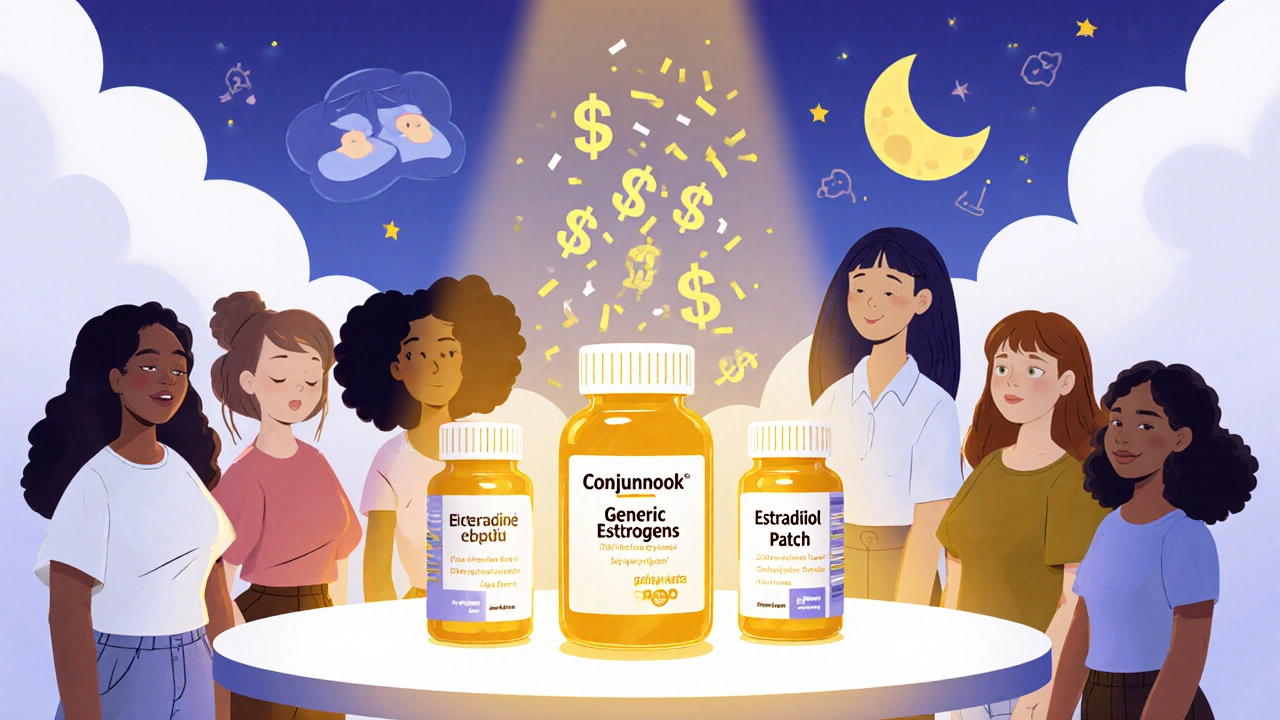Hormone Therapy: What It Is, How It Works, and What You Need to Know
When your body doesn’t make enough of a key chemical messenger, hormone therapy, a medical treatment that replaces or supplements natural hormones to restore balance. Also known as hormone replacement therapy, it’s used when your thyroid, adrenal glands, or pituitary aren’t working right. It’s not just for menopause—hormone therapy can fix everything from low testosterone to water balance issues like central diabetes insipidus, a condition where the brain doesn’t signal the kidneys to hold onto water. That’s where desmopressin, a synthetic version of the antidiuretic hormone vasopressin comes in. It tells your kidneys to stop flushing out so much urine, which is why it’s the go-to treatment for this rare but serious condition.
Hormone therapy isn’t one-size-fits-all. Some people need it for years, others only temporarily. The drugs you take depend on what’s broken. For example, if your body’s not making enough estrogen after menopause, you might get estrogen patches or pills. If your thyroid’s underactive, you’ll likely take levothyroxine. But hormone therapy isn’t just about adding more—it’s about fixing the signal. Too much can cause side effects like weight gain, mood swings, or even blood clots. That’s why doctors don’t hand it out like candy. They test your levels first, start low, and adjust slowly. Even then, some people react badly. That’s why you’ll see posts here about how certain meds, like ACE inhibitors, can trigger swelling (angioedema), or how antidepressants mess with sleep. Hormones are everywhere—they affect your mood, your energy, your bladder, even your skin. So when you tweak one, you’re tweaking a whole system.
You’ll find real-world examples here: how desmopressin helps people with central diabetes insipidus stay hydrated without running to the bathroom every hour. You’ll see comparisons between different hormone treatments, what works best for who, and what the trade-offs are. Some posts talk about how hormone changes from other meds can cause side effects you didn’t expect—like dry mouth, fatigue, or trouble sleeping. Others show how to safely manage these drugs long-term, avoid interactions, or spot when something’s off. This isn’t theory. It’s what people actually deal with when they start hormone therapy. Whether you’re just starting out, switching meds, or wondering why your symptoms changed, this collection gives you the straight facts—no fluff, no hype, just what you need to know to make smarter choices.

